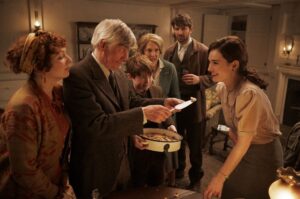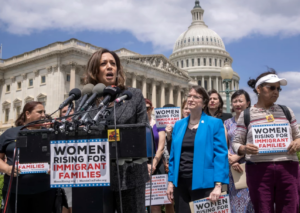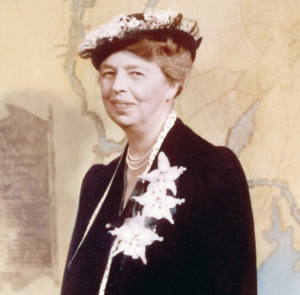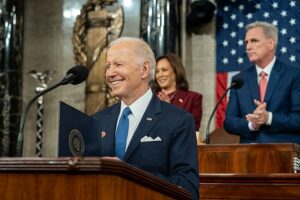Gay, Palestinian, Israeli: Caught between conflicting identities
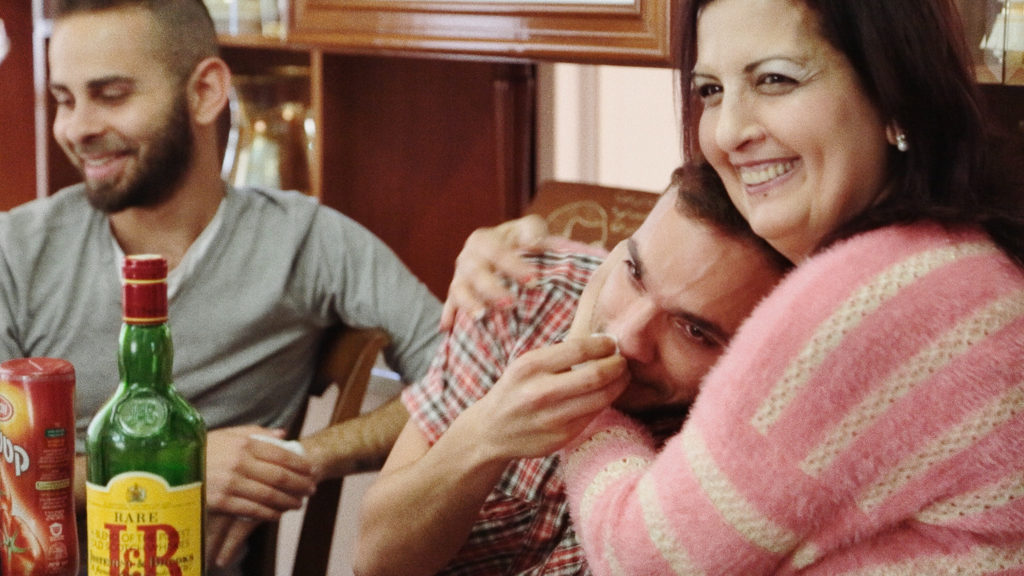
Scene from Oriented | Pictured Film Distribution
Scene from Oriented | Pictured Film Distribution
Jake Witzenfeld presented his documentary Oriented at New York University’s Gallatin School, sparking a conversation about identity crises on the Mediterranean shores.
In the opening scene of the acclaimed documentary Oriented (2015), Khader, an Israeli Arab, speaks before a crowd at the Tel Aviv LGBT Community Center. He says in flawless Hebrew: “I want to introduce you to a new Palestinian generation.”
In October, director Jake Witzenfeld presented the documentary at NYU’s Gallatin School for Individualized Studies. The film tells the story of three gay, Palestinian friends who live in Tel Aviv, Israel. All three hold Israeli IDs.
“I’m not here to give the media the ‘sad story’ they are looking for,” says Khader, as he addresses the crowd at Tel Aviv in the first scene. Later in the film, his friends proudly chant “We are Palestine, we are queer and we are here!”
In a delicate, elegant movie, Witzenfeld breaks all stigmas and allows us to peek into a world that we would rarely, if ever, be able to access otherwise. For once, Tel Aviv is not glamorized and gay culture is not oversexualized. The city’s dirty streets, its clubs (The Block, an iconic, underground club located inside of Tel Aviv’s infamous central bus station) and its beaches are, at once, the playground and the warzone of the three protagonists.
The movie tells the different stories and perspectives of Khader, Fadi and Naeem, three young men who want to make a difference.They live two parallel struggles: the national one, in which they dream of a liberal, Palestinian state, and the social one, in which homosexuality is often considered taboo in the villages they have grown up in.
Khader told his family about his homosexuality when he was 15 years old and now lives with his boyfriend David. Fadi has fallen in love with a “Zionist,” and struggles with the fear that his peers will see him as a traitor. Naeem is trying to find the strength to tell his family that he is gay.
When they are in Tel Aviv, they feel Palestinian. They don’t like that so many Israeli Jews are interested in going to the parties for LGBTQ Arabs that they organize at the Block. However, the minute they return to their parents’ homes, in the Arab villages they come from, they feel more connected to Tel Aviv.
https://www.youtube.com/watch?v=J0PKz3Qz9uw
In the first scene, Khader, while speaking to the crowd in Tel Aviv, tried to appear strong, a young man who is confident about the change his society has gone through. A few scenes later, however, he bursts into tears as he sees his best friend’s parents accepting their son’s Tel Avivian lifestyle and his sexual identity. Khader says his own father cut all ties with him; the two haven’t spoken in a while.
Later in the movie, the characters say that the national struggle of the Palestinian people is taking all the focus away from the social issues. So they make their first video swiftly addressing patriarchy, marriage and homophobia. The response on YouTube is negative: viewers accuse them of being ignorant, of being gay. Meanwhile, tensions between Israelis and Palestinians rise in the West Bank and on the border with Gaza. An Arab teenager is burned alive in retaliation for the killing of the three abducted boys. The war with Hamas in Gaza breaks out just a few days later.
When David, Khader’s Jewish boyfriend, suggests they move to Berlin and get away from the explosive reality of the Middle East, Khader hesitates: he won’t leave his homeland. Together with their dog, Khader and David sit quietly in the air raid shelter in the basement of their building as sirens warn Israeli citizens of the launch of rockets from Gaza.
Through a poignant soundtrack and a series of raw landscape shots, director Witzenfeld takes us to a place where all is unclear: the language, the identity, the future. The protagonists’ everyday mix of Arabic, Hebrew and English is in fact just as confused as their everyday lives. When speaking of their identity, they say it’s all very “blurry.”
When asked if he has considered working on a follow-up documentary on queer life on the other side of the wall, in the cities under Palestinian authority, Witzenfeld said: “I would be interested. And it would be a harder challenge production-wise.”
No film has, as yet, explored the lives of gay Palestinians in Ramallah and Nablus, let alone Gaza City.
Simone Somekh was born and raised in Turin, Italy. He has worked with publications based in Milan, Jerusalem, Tokyo, Berlin and New York. He is currently pursuing an M.A. degree in Journalism and European & Mediterranean Studies at New York University. Follow him on twitter: @simonsays101


